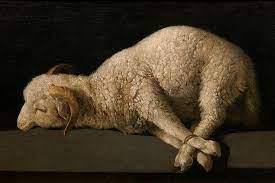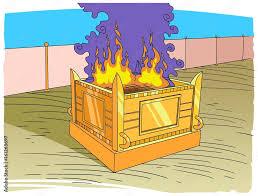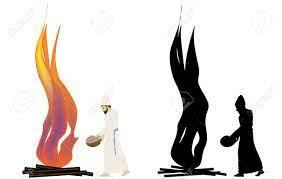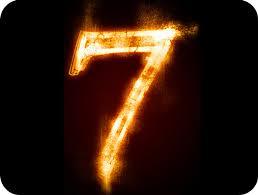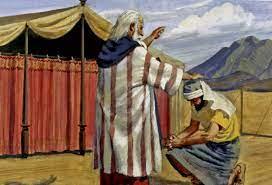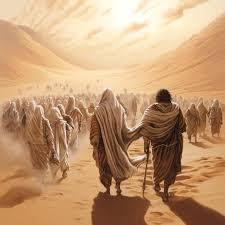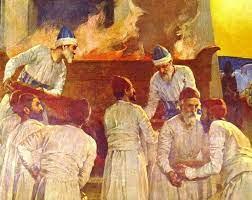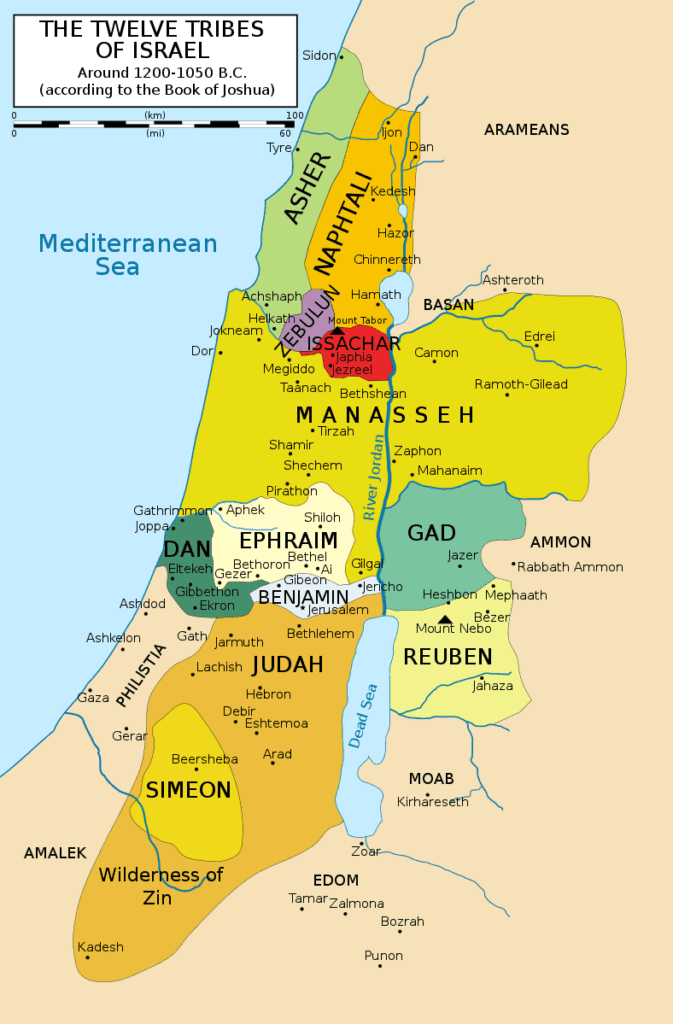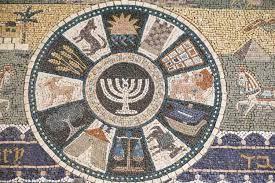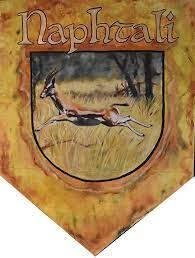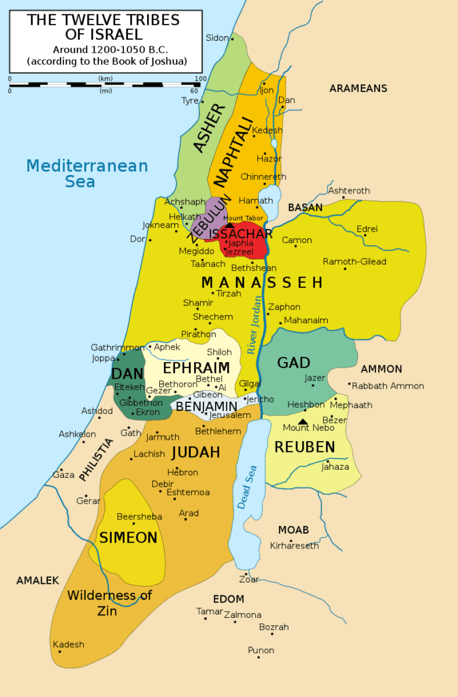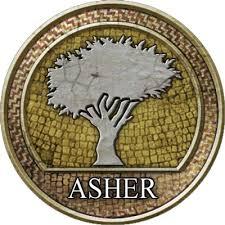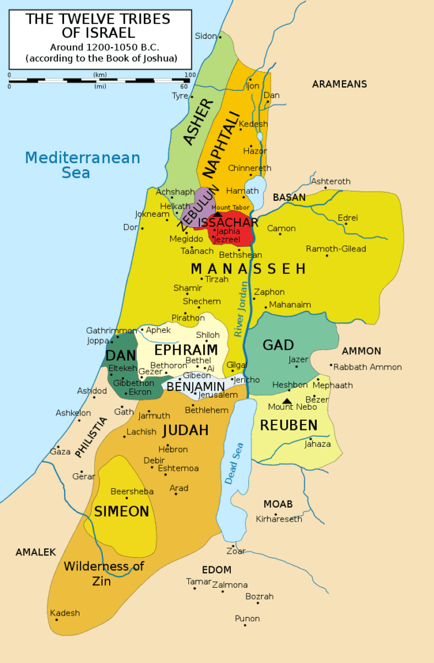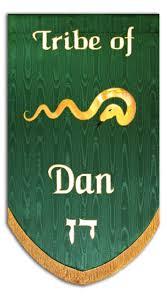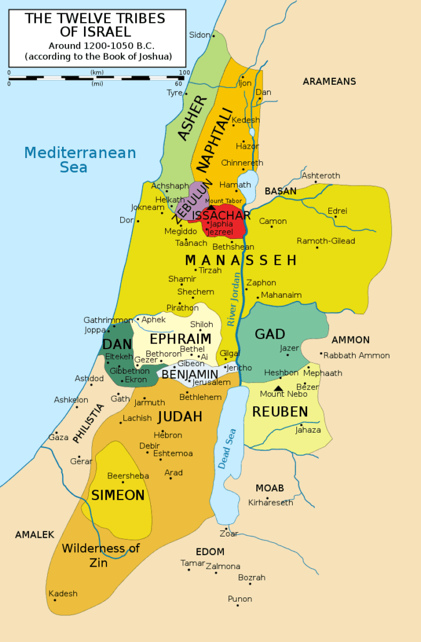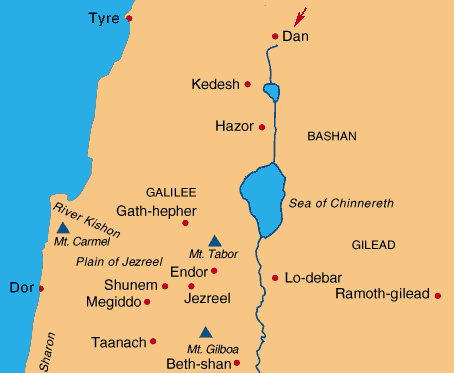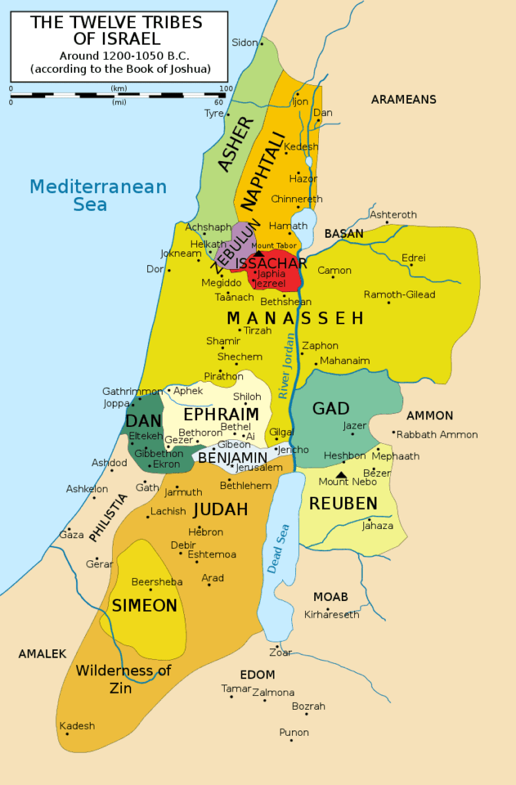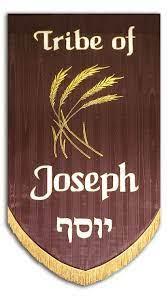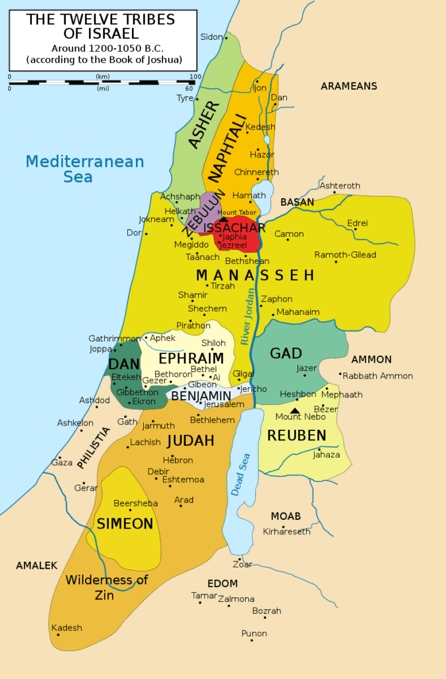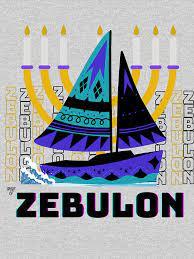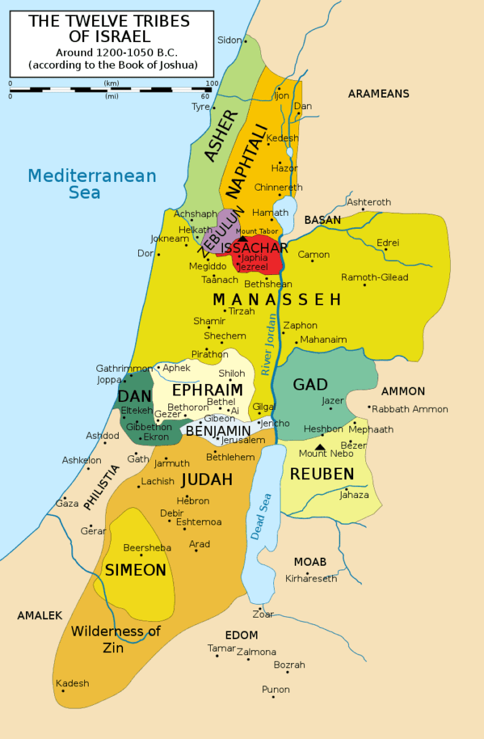Fc – The Hag ha’Matzah Offering 28: 17-25
The Hag ha’Matzah Offering
28: 17-25
The Hag ha’Matzah offering DIG: What do you make of the sevens in this festival? How is the festival of Hag ha’Matzah linked with the festival of Pesach? What was so special about the inclusion of a male goat in the festival offerings?
REFLECT: What “pleasing aroma” things do you do simply to please ADONAI? Are you giving Him your “firsts” or your “lasts?” The best or the worst? Cite an example of each. What are you doing to sweep all the leaven out of your life?
Hag ha’Matzah was fulfilled by the sinlessness of Yeshua’s sacrifice.
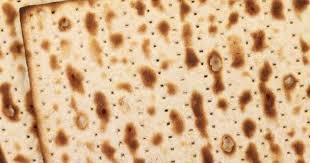
This passage instructs the priests how to properly prepare for the feast of Hag ha’Matzah. Following the Passover on the fifteenth day of the month, God commanded that the [sixteenth] day (see the commentary on The Life of Christ, to see link click Ix – The Examination of the Lamb) to be the feast of Hag ha’Matzah. It was one of the pilgrimage feasts (see the commentary on Exodus Eh – Three Times a Year Celebrate a Festival to Me). He said that Matzah is to be eaten for seven days, the first and seventh days are Sabbaths. So after Pesach, the festival would last a total of eight days. Today, many Jews will talk about the eight days of Passover, but in reality, Passover is just one day, followed by seven days of Unleavened Bread. On each of the seven days of Unleavened Bread, the same number of additional (mussaf) sacrifices on the New Moon are brought (see Ez – The New Moon Offerings). This amounts to seven times the number of additional sacrifices brought on the New Moon.
Over the course of the festival, not including the obligatory Chatta’th Offering (see Leviticus Aq – The Chatta’th Offering: Communicating God’s Forgiveness), the number of mussaf sacrifices would be as follows: 14 bulls (2X7), 7 rams (7), 49 sheep (7X7), for a total of 70 (10X7) animals. Once again we see God’s fingerprints all over the Bible with the number 7 (see the commentary on Genesis Ae – The Number Seven). The Commandment to bring the mussaf sacrifices during Unleavened Bread cannot be observed today, but the traditional liturgy does provide additional (mussaf) holiday prayers, which can be prayed in remembrance of the additional sacrifices brought during Unleavened Bread. These consist of a repetition of the Shemoneh Esrei, an abundance of additional liturgical poetry, songs, and a special version of the priestly benediction performed by the priests. One famous portion of the mussaf service is a liturgical poem called the prayer for dew. The resurrection symbolism associated with dew is particularly touching for believers who are, at the same time this prayer is recited in the synagogue, anticipating the anniversary of Messiah’s resurrection with the Feast of Firstfruits (see Leviticus Ea – Resheet) the next day!
The depths of the earth long for a single drop, and all the green meadows desire it. Dew – its mention is a remembrance of His strength. It is inscribed in the mussaf prayer. Dew – to resurrect the dead with, to resurrect those buried in the clefts of the rocks (Prayer for Dew, from the Chag ha’Matzwh Mussaf of Shemoneh Esrei). In addition, the psalms of the Hallel (Psalm 113-118) are read during the services of the Feast of Unleavened Bread.
The first day is to be a holy assembly and treat it as a Sabbath day. In the original context, the holy assembly was a reference to the Temple service prearranged for the festival day. In actual practice, however, the “holy assembly” has come to mean the coming together for prayer, worship, and the public reading of Scripture. And let us continue to consider how to motivate one another to love and good deeds. Let us not give up meeting together, as some are in the habit of doing, but encourage one another – and all the more as you see the Day of the Lord approaching (10:24-25).656
Do not do any kind of ordinary work; but present an offering made by fire, a ‘Olah Offering (see the commentary on Leviticus Ao – The ‘Olah Offering: Providing Access to God), to ADONAI, consisting of two young bulls, one ram, and seven male lambs in their first year with their Grain Offerings (see Leviticus Ap – The Minhah Offering: Assuring People of God’s Acceptance), fine flour mixed with olive oil. Offer six quarts for a bull, four quarts for the ram, and two quarts for each of the seven lambs; also a male goat as a purification offering, to make atonement for you. The concluding remark that those sacrifices were to be without defect reminds us how much more will the blood of the Messiah, who through the eternal Holy Spirit offered Himself unblemished to God, cleanse our consciences from acts that lead to death, so that we may serve the living God (Hebrews 9:14). The purpose of the Chatta’th Offering goat of the festivals and the New Moons is explained in the tractate Shavu’ot of the Mishnah (see the commentary on The Life of Christ Ei – The Oral Law). The goat was a fail safe measure. It was meant to provide atonement for those who inadvertently desecrated the Tabernacle by coming near to God in a condition of ritual impurity.657
Identical sacrifices were repeated each day for the seven-day festival. You are to offer these in addition to the regular morning ‘Olah Offering. In this fashion you are to offer daily, for seven days, the food of the offering made by fire, making a pleasing aroma for ADONAI; it is to be offered in addition to the regular ‘Olah Offering and its drink offering. On the seventh day you are to have a holy assembly; do not do any kind of ordinary work.
For believers, the appointed time of Unleavened Bread carries great significance. Not only is it God’s appointed time (see Leviticus Dw – God’s Appointed Times) and a remembrance of the Exodus from Egypt, but it is also the anniversary of the sinlessness of Messiah’s sacrifice on the cross. We do not have a High Priest who cannot sympathize with our weaknesses, but One who has been tempted in all things as we are, yet without sin (Hebrews 4:15). Leaven is a picture of sin, and because Yeshua bore the punishment for our sin, we can be a chosen people, a royal priesthood, a holy nation, God’s special possession, and declare the praises of Him who called us out of the darkness into His wonderful light (First Peter 2:9).658
Dear Heavenly Father, Praise You for Your great love and wisdom that called us out of the darkness of this world into Your glorious Kingdom! Sometimes when times are hard and there are many problems we long to be done with; but our focus needs to be on preparing to enter Your Kingdom. When coming to a celebration for someone, bringing a gift is very important. Showing up at a big party for someone, without a gift for them is unthinkable. We desire to give You our lives as gifts of love to Your honor.
We seek to turn our eyes off our problems and onto how You are using the trial to purify our faith. These trials are so that the true metal of your faith (far more valuable than gold, which perishes though refined by fire) may come to light in praise and glory and honor at the revelation of Messiah Yeshua (First Peter 1:7). Though trials may seem to last a long time, when compared with the joy we will have in living with you in Your holy heaven for all eternity-our trials are but a blink and we can endure something for a blink. For I consider the sufferings of this present time not worthy to be compared with the coming glory to be revealed to us (Romans 8:18).
No trial or storm is bigger than God’s great power. There is no situation we can find ourself in where God is unable to deliver. Our Father God is always almighty and anxious to help His children. Thank You that as Your children turn to You in faith, seeking Your wisdom and help, You are always there and You care. You might deliver us out of the storm (Mark 4:35-41), or You may help us in the storm, but we can always trust Your wisdom and care to do what is best. Praising You in the midst of the storm is a great way to calm our hearts and to give You the glory that You are so worthy of! Offer God a sacrifice of thank offerings, then fulfill your vows to Elyon. Call upon Me in the day of trouble. When I rescue you, you will honor Me . . . a sacrifice of praise honors Me, and to the one who orders his way, I will show the salvation of God (Ps 50:14-15, 23). In Messiah holy Name and power of His resurrection. Amen



